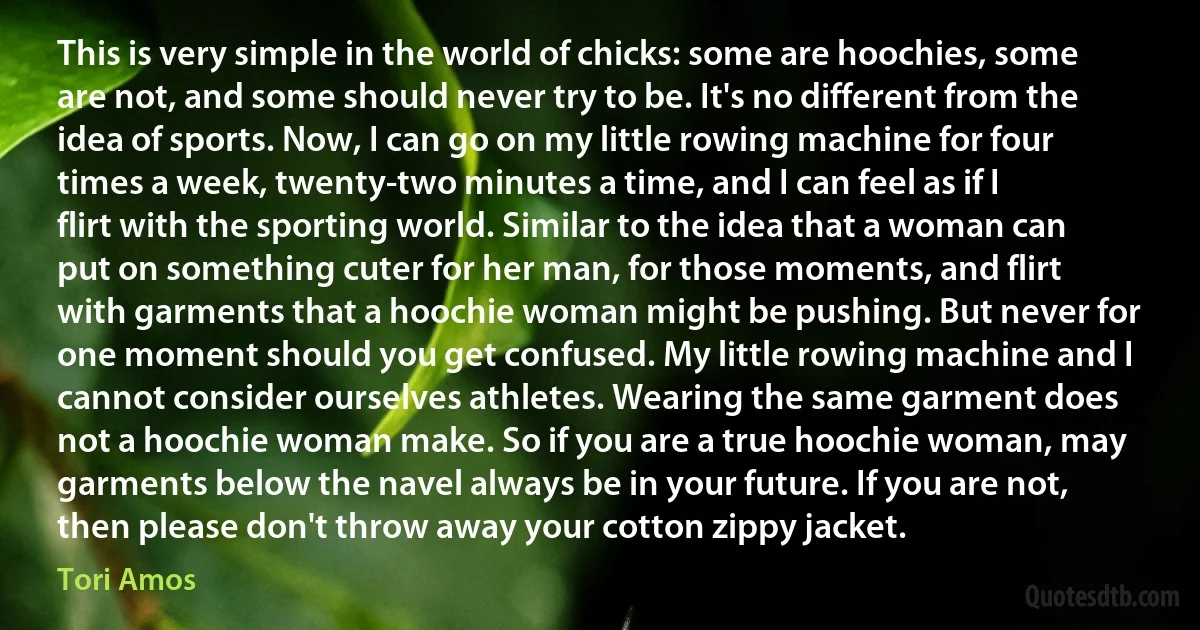Might Quotes - page 94
One is left with the uneasy feeling that even if supersymmetry is actually false, as a feature of nature, and that accordingly no supersymmetry partners are ever found by the LHC or by any later more powerful accelerator, then the conclusion that some supersymmetry proponents might come to would not be that supersymmetry is false for the actual particles of nature, but merely that the level of supersymmetry breaking must be greater even that the level reached at that moment, and that a new even more powerful machine would be required to observe it!

Roger Penrose
The ports of death are sins; of life, good deeds:
Through which our merit leads us to our meeds.
How willful blind is he then, that would stray,
And hath it in his powers, to make his way!
This world death's region is, the other life's:
And here, it should be one of our first strifes,
So to front death, as men might judge us past it.
For good men but see death, the wicked taste it.

Ben Jonson
Disarmament is illogical and futile, unless one is prepared to regard the available means of production and social organization as affording unique social ends. To divert electrical energy and circuitry into atomic bombs shows the same imaginative power as wiring the dining-room chairs to enable one to electrocute the sitter in the event that he might prove hostile. It is part of the age-old habit of using new means for old purposes instead of discovering what are the new goals contained in the new means.

Marshall McLuhan
The present volume to this point might be regarded as a gloss on a single text of Harold Innis: "The effect of the discovery of printing was evident in the savage religious wars of the sixteenth and seventeenth centuries. Application of power to communication industries hastened the consolidation of vernaculars, the rise of nationalism, revolution, and new outbreaks of savagery in the twentieth century."

Marshall McLuhan
You might have heard I run with a dangerous crowd
We ain't too pretty we ain't too proud
We might be laughing a bit too loud
But that never hurt no one.
Come on Virginia show me a sign
Send up a signal I'll throw you the line.
The stained-glass curtain you're hiding behind
Never lets in the sun.
And only the good die young.

Billy Joel
It is a fact that nine-tenths of the HUMAN RACE never have and never will think for themselves, about anything. Whether it's music or Reaganomics, say, almost everybody prefers to sit and wait till somebody who seems to have some kind of authority even if it's seldom too clear just where they got it to come along and inform them one and all what their position on the matter should be. Then they all agree that this is gospel, and gang up to persecute whatever minority might happen to disagree. This is the history of the human race, certainly the history of music.

Lester Bangs
I believe that we must not waste this moment. A responsible foreign policy must look outward from a stance of forward engagement, to our broadest hopes for the world - not just inward, to our narrowest fears.
A responsible foreign policy must harness all our economic and military might - but it must also make use of our values and principles.

Al Gore
We are not responsible for what might be done with the weapons we give to the Palestinians. We give them to the Palestinians because we believe in their cause and we believe we have a duty to help them. What happens afterwards is none of my business. If I am to be found guilty by proxy, I prefer charges that are direct. But there is no proof.

Muammar Gaddafi
My friend returned to the gallery, looked once more at the adorable imprint of the most innocent, the most passionate of caresses. A mirror hung near by, where he could compare his present with his former face, the man he was with the man he had been. He never told me and I never asked what his feelings were at that moment. Did he feel that he was too culpable to have inspired a passion in a young girl whom he would have been a fool, almost a criminal, to marry? Did he comprehend that through his age which was so apparent, it was his youth which this child loved? Did he remember, with a keenness that was all too sad, that other, who had never given him a kiss like that at a time when he might have returned it? I only know that he left the same day, determined never again to see one whom he could no longer love as he had loved the other, with the hope, the purity, the soul of a man of twenty.

Paul Bourget
Militarily it was impossible to invade with the dispositions we had made. We had only seven divisions in Albania. Two of them were necessary to hold the Albanian population from going into revolt. Two others were in reserve. That left us three divisions with which to undertake an offensive. Against us, the Greeks disposed of fifteen divisions. We might have been able to undertake an offensive had those figures been reversed.

Pietro Badoglio
If man merely sat back and thought about his impending termination, and his terrifying insignificance and aloneness in the cosmos, he would surely go mad, or succumb to a numbing sense of futility. Why, he might ask himself, should he bother to write a great symphony, or strive to make a living, or even to love another, when he is no more than a momentary microbe on a dust mote whirling through the unimaginable immensity of space?...
Those of us who are forced by their own sensibilities to view their lives in this perspective - who recognize that there is no purpose they can comprehend and that amidst a countless myriad of stars their existence goes unknown and unchronicled - can fall prey all too easily to the ultimate anomie. ... The world's religions, for all their parochialism, did supply a kind of consolation for this great ache ... This shattering recognition of our mortality is at the root of far more mental illness than I suspect even psychiatrists are aware.

Stanley Kubrick
You have to develop a thick skin in life. Its not in this field only. You might think of the ideal of the scientists, the ivory tower, the idealist. That's true of some. And I wouldn't guess as to what proportion. But there are some who are of that character, and there are some who are not.

Jonas Salk
It has been suggested that an army of monkeys might be trained to pound typewriters at random in the hope that ultimately great works of literature would be produced. Using a coin for the same purpose may save feeding and training expenses and free the monkeys for other monkey business.

William Feller
For a long time we had talked of the hill as we might have talked of the sea or the woods. I used to go back there in the evening from the city when it grew dusk, and for me it was not just another place but a point of view, a way of life. For instance, I saw no difference between those hills and these ancient ones where I played as a child and where I live now: the same broken, straggling country, cultivated and wild, the same roads, farmhouses, and ravines. I used to climb up there in the evening as if I too were fleeing the nightly shock of the air-raid alarms.

Cesare Pavese
But I have seen the unknown dead, those little men of the Republic. It was they who woke me up. If a stranger, an enemy, becomes a thing like that when he dies, if one stops short and is afraid to walk over him, it means that even beaten our enemy is someone, that after having shed his blood, one must placate it, give this blood a voice, justify the man who shed it. Looking at certain dead is humiliating. One has the impression that the same fate that threw these bodies to the ground holds us nailed to the spot to see them, to fill our eyes with the sight. It's not fear, not our usual cowardice. One feels humiliated because one understands–touching it with one's eyes–that we might be in their place ourselves: there would be no difference, and if we live we owe it to this dirtied corpse. That is why every war is a civil war; every fallen man resembles one who remains and calls him to account.

Cesare Pavese



